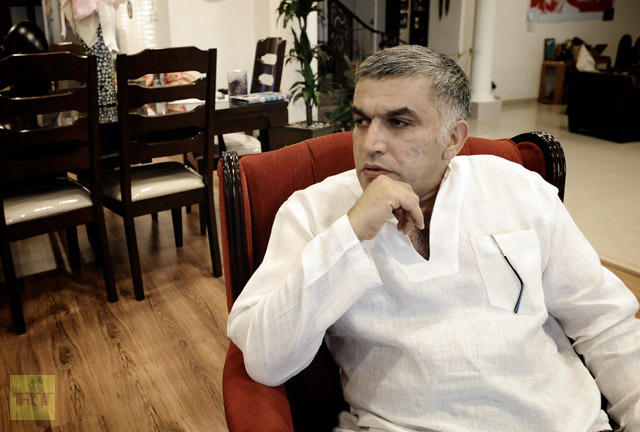Egypt’s Minister of Irrigation Mohamed Abdel Ati expressed his hope for making progress in the negotiations on the Grand Ethiopian Renaissance Dam (GERD), during the opening session of the third round of talks with his Ethiopian and Sudanese counterparts, held Saturday in Khartoum.
The two-day meeting will continue consultations and discussions about the rules of filling and operation of the dam, and it is part of a round of technical negotiations that started in November as a result of an agreement reached by the three countries that month after mediation from the US.
In his speech, Abdel Ati stressed the need to focus the discussion on the issue of filling and operating the dam in the periods of drought, saying “time is precious, and I think we must continue our direct technical discussions, hoping to achieve progress.”
He added that talks are already halfway after the meeting of the foreign ministers of the three countries in Washington on 6 November. Despite the fact that there are clear differences regarding the rules of filling the dam and other issues, Abdel Ati hopes that this round achieves a breakthrough in the path of negotiations.
He continued: “We expect our brothers to hear our views on the rules for filling the dam, and these rules must be comprehensive, and we are ready to negotiate honestly.”
The Egyptian minister noted that the two previous meetings on GERD held in Addis Ababa and Cairo, exchanged views on the rules governing the filling and operation of the dam, and identified many points of difference and areas of convergence.
Egypt is genuinely ready to negotiate and overcome differences to reach an agreement, Abdel Ati affirmed.
Meanwhile, the Sudanese Irrigation Minister Yasser Abbas said, “Since Sudan is a country overlooking the Nile, we have been always trying to implement the principles of international water law related to the fair exploitation of the river’s resources, without causing harm to any of the other riparian countries.”
“We must ensure that the Nile water is used fairly, without harm to any party”, the Sudanese minister asserted, saying, “The Nile is the source of life for Egypt, because the Egyptians need the waters of the Nile, and also Sudan and we affirm our rights to the water of the Nile.”
Abbas added, “there is a sufficient amount of the Nile water to be used if we rationalise our consumption, in a cooperative way to serve our peoples.”
He said that although the three countries attended several rounds of negotiations during the past years, but they hope that this meeting will witness direct discussions on the major issues related to filling of the dam during the drought times, and coordination mechanisms between the parties.
The Ethiopian Irrigation Minister Selishi Bekele, for his part, said the first phase of filling the GERD’s reservoir would begin in July 2020.
He pointed out that this meeting discusses the mechanism of filling the dam’s reservoir.
Representatives of the US Treasury and the World Bank attended the Khartoum’s meetings.
During the previous US mediation meeting, the countries agreed to hold four rounds of talks in Cairo, Addis Ababa, Khartoum, and then in Addis Ababa again in attendance to of US officials and World Bank representatives as observers, to address outstanding issues regarding the filling and operation of the under-construction dam by 15 January 2020.
In addition, two meetings be held in the US to follow up on the pace of negotiations between the three countries.
Ethiopia began building the GERD in 2011 in a bid to provide electricity to more than half of its population and to become the continent’s biggest power exporter. However, Egypt fears that the dam might affect its 55.5-billion-cubic-metre annual share of the River’s water.
In March 2015, leaders of Egypt, Sudan, and Ethiopia signed the Declaration of Principles committing themselves to reach an agreement regarding the GERD through cooperation. But differences have been standing despite the deal.


